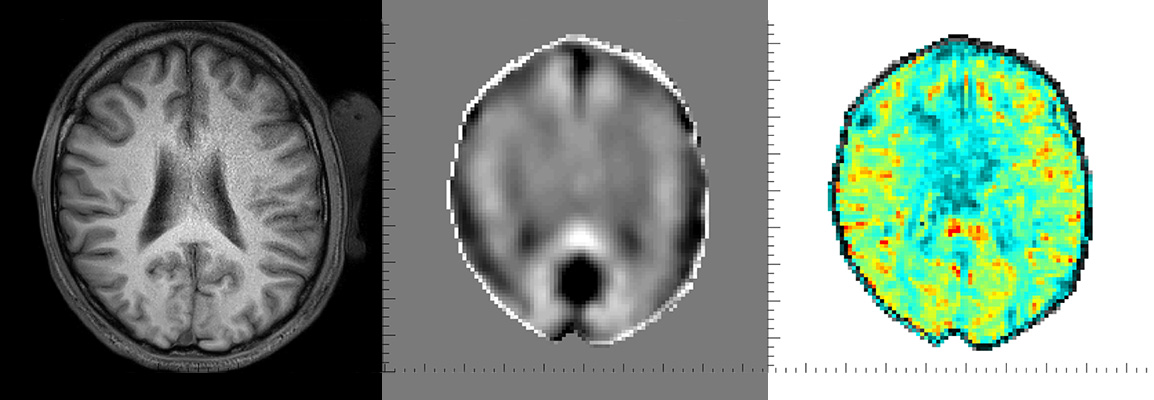

Magnetic resonance elastography: techniques and preclinical applications
It has been known for centuries that tissue stiffness can change in the presence of disease, but quantifying such changes in vivo has only recently become practical. Magnetic resonance elastography (MRE) relies on the relationship between acoustic wave propagation and mechanical properties, using MR methods to measure tissue displacements to enable in vivo stiffness measurements.
Overview
This webinar will include presentations from Professor Ralph Sinkus (Kings College London and CNRS, France) and Professor Lynne Bilston (Neuroscience Research Australia and the University of New South Wales). First, Professor Sinkus will outline techniques for conducting MRE to obtain measurements of in vivo tissue viscoelastic properties, including MR sequences, hardware, and analysis methods. The second half of the webinar will be presented by Professor Bilston, who will provide an overview of applications of MRE in preclinical settings, including an evaluation of the potential and pitfalls.
THURSDAY, January 21, 2021
07:00PM AEST | 09:00AM CET
What to expect
Professor Sinkus will outline MR techniques and analysis methods for MRE, and demonstrate implementation of these for preclinical imaging. Professor Bilston will demonstrate the use of MRE in a broad range of preclinical studies in healthy animals and several models of disease.
Key Points
- Tissue stiffness
- Elastography
- Wave propagation
- MRE transducers
- MRE sequences with synchronized motion encoding
- MRE analysis algorithms
- Longitudinal studies during development
- Neurodegenerative and other neurological disorders
- Cancer
Who should attend?
This webinar is of interest to researchers wishing to solidify their knowledge about MRE, including the essential elements of MRE, and how to design and conduct MRE experiments, as well as those seeking to understand the potential of MRE as a biomarker of disease.
Speakers
Professor Ralph Sinkus
Chair in Biomedical Engineering at King’s College London and Research Director CNRSRalph Sinkus is professor of Biomedical Engineering at King’s College London and Research Director CNRS at INSERM, Paris. He collaborates with world-wide partners, fostering and enhancing MRE techniques and applications. He is a physicist and did his PhD in the domain of high energy physics. The main focus of his research over the last 10 years has been the understanding of tissue biomechanics in the context of oncology, fibrosis and inflammation, and recently fast neuronal activities beyond BOLD fMRI. He has pursued this aim with an international network of collaborations, including long standing research exchange with Lynne Bilston.
Professor Lynne Bilston
Senior Principal Research Scientist at Neuroscience Research Australia, and the University of New South Wales
Lynne Bilston is a Senior Principal Research Scientist at Neuroscience Research Australia and the University of New South Wales. She is a biomedical engineer whose research focuses on how mechanical forces are involved in physiological and pathophysiological processes in the body. Her research focusses on the development of novel imaging methods for making biomechanical measurements in vivo, such as MR elastography, particularly for studies on traumatic injury and disorders of cerebrospinal fluid flow in the brain and spinal cord.